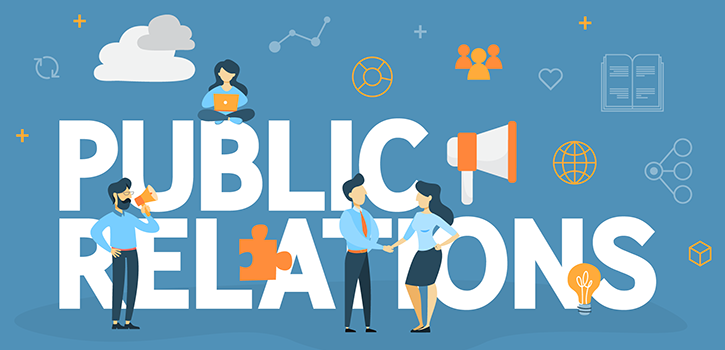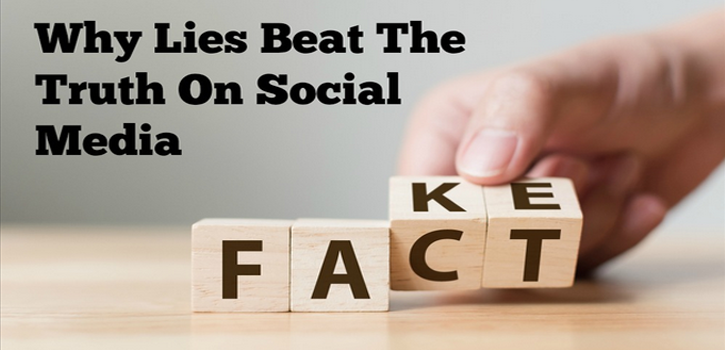
Thus far, COVID-19, the disease caused by coronavirus has affected over 3 million individuals globally. However, there is something bigger at stake here for the long run which will affect thousands as history indicates. During the Great Depression, a study by University of Oxford researchers found 10,000 suicides tied to the recession. That was in the US, Canada, and Europe alone!
Suicide occurs throughout the lifespan and is the second leading cause of death among 15-29 year olds globally (2016). Unfortunately, Sri Lanka was on top of the list of suicides of all countries in 2016 making it the suicide capital of the world.
A study conducted by Carlos Nordt, a sociologist who completed his studies at the University of Zurich and researcher in the field of substance use disorders at the University Hospital of Psychiatry in Zurich, looked into the affects the 2008 recession had caused in society and the crisis it fabricated. Through the University, Nordt and his colleagues were able to conclude that over 45,000 – or one in five suicides a year worldwide attributed to unemployment, with a further 5000 deaths caused by the economic recession during the period. The analysis was drawn upon a closer look into the link between the spike in rates of unemployment and suicide.[i]
Tackling the case of suicide is no easy task. Suicide is looked down upon and is quite a taboo subject in most parts of the world especially those of cultural significance. There are many factors behind taking one’s life, sometimes the cause is singular while in many cases it is the combination of different events.
Substance abuse is one of the primary gateways to suicide. Substance abuse can advance rigorously in a person due to many social or economic distress built up. Many othervictims suffer from a history of mental health problems. These factors vary in the rate in which it affects individuals globally. For example, according to the World Economic Forum, “an inquiry in 2008, which looked at the treatment of women in U.S. prison, found that more than a third of female prisoners had attempted suicide at some point in their lives.”
Additionally, the World Economic Forum also reported that it was found that the risk of suicide due to unemployment increases from 20% to 30%. From the new millennium up until 2011, the rate of suicide was estimated to 233,000 deaths a year of which around 45,000 cases were related to unemployment. In 2007, the year before the recession, there were around 41,000 identified cases of suicide, subsequently, following the recession in 2009, the number spiked over 46,000 deaths which is an increase of 12%.
Figures have also suggested that strict measures introduced after 2007, led to an increase in suicides in the UK – particularly among men. The increase found by the study affected both sexes and different age groups.
Being made unemployed is psychologically, socially and financially distressing. The impact is not simply only economic pressure of coping with a significantly reduced income. Work, despite the negatives, provides status as well as structure to our daily lives. There is still social stigma attached to this loss of status.
The world is facing an economic crisis at present due to the COVID – 19 which has hit the economies of most parts of the world, leading to higher unemployment rates, including Sri Lanka. The impact of unemployment was strongest in countries which enjoyed comparatively low unemployment rates before the economic downfall. The entire global population is looking at more possible deaths in the thousands due to suicides aside from the deaths directly from the virus itself.
The U.S. is already experiencing a tragic trend when it comes to suicide. From 1999 through 2018, the most recent year available, suicide rates increased by 35%. Similarly, Sri Lanka too shows a fluctuated suicide rateover the past two decades and increased to a one of the highest it’s been in 2016. Yet mental health support and funding for research continues to lag.
In an article published called “Suicide Mortality and Coronavirus Disease 2019 — A Perfect Storm?”[ii], researchers called for intervention for prevention of suicide to coincide with the unprecedented public health protective actions like stay-at-home orders put in place to fight the virus.
Along with social isolation and financial woes, it points to the lack of access to religious and community supports and overall barriers to mental health treatment in a time when in-person visits are prohibited and hospitals have restrictions.
Medical professionals are also at risk. Physicians already are at a higher risk for suicide, and during the pandemic, they’re in even more stressful situations as they treat patients and worry about infecting themselves and their families. Prevention efforts could include a ramp-up of teletherapy, as well as community support that can be done in a safe, remote way.
The coronavirus challenges firms and businesses from an economic stand point to a moral and deep rooted ethical stance as well. Business leaders need to exercise caution and empathy in handling their employees. While it’s true that the success of your business is critical and of high importance, the livelihood and wellbeing of each employee is far more valuable and of greater importance. During these times, work places need to be more sensitive and flexible with employees. Work from Home, while seeming easy, is actually even more strenuous on some employees with difficult home environments and no proper facilities.
The link between suicide and unemployment or work stress is not an immediate response. Following unemployment or work stress, victims go through a phase of a mental health battle usually affecting their lives and others around and close to them. The pandemic could bring out the best in organizations or could cause further damage. The pandemic will highlight barriers to healthcare with issues such as being unable to seek professional help relieve the mental stress. Although there have been many social media platforms and other means via messaging apps to seek medical advice in Sri Lanka during the curfew period, the effectiveness is not guaranteed and not everyone is willing to talk to a medical professional while being in a crowded household.
The current pandemic has worldwide reach. Workers at Suicide Prevention Lines have reported that callers to phone help lines are worried about COVID-19. Many are also worried of economic and social issues that arise and could arise due to the virus as well. The issues that arise from a pandemic are never just biological. Problems that come about are more extensive and due to this, there can be stress and concern over various matters.
At this rate,
death toll from the coronavirus pandemic will be seen for years to come given
its links to other illnesses, significantly, mental health illnesses.
[i] ‘The link between unemployment and suicide’ – World Economic Forum
[ii] ‘Suicide Mortality and Coronavirus Disease 2019—A Perfect Storm?’ By Mark A. Reger, Ian H. Stanley, and Thomas E. Joiner









